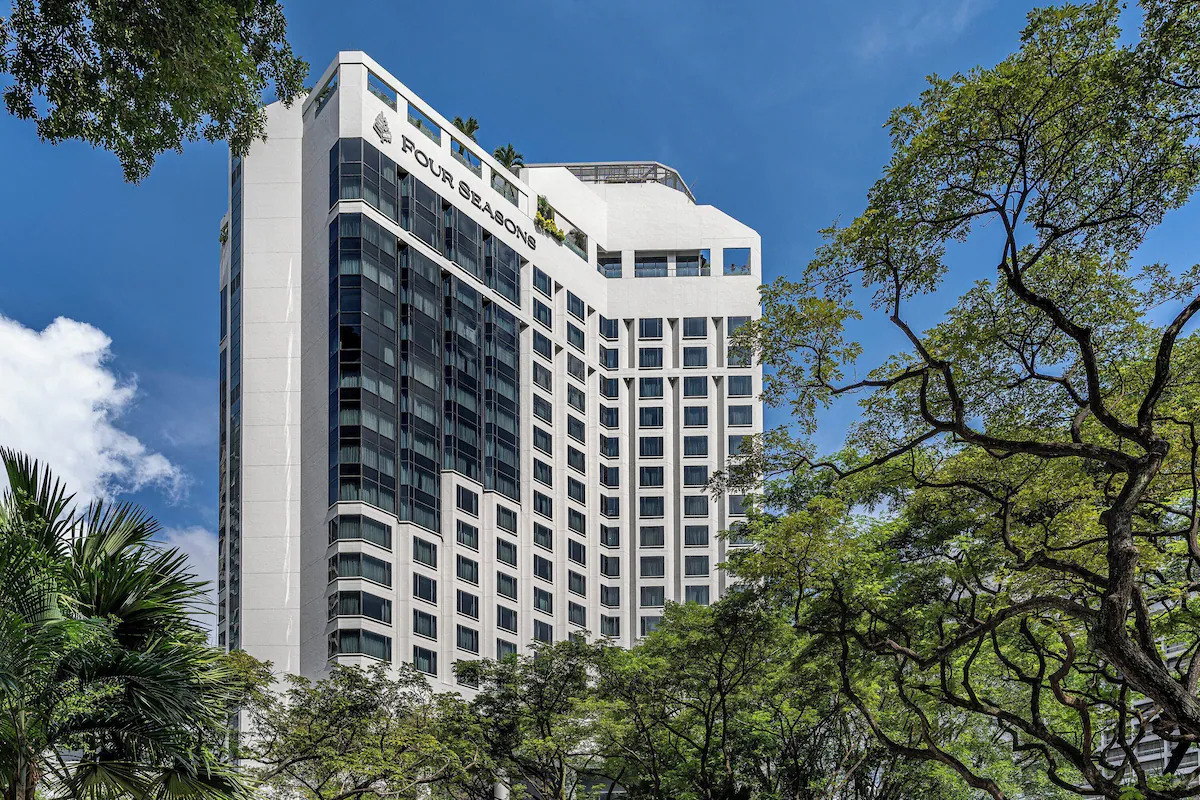In Singapore’s fast-paced property market, timing plays a decisive role in determining the success of real estate launches. Developers carefully analyze market cycles, buyer sentiment, and economic conditions before introducing new projects. The right timing can significantly enhance sales performance, pricing strength, and long-term investment appeal.
1. Market Conditions and Buyer Readiness

Coastal Cabana reflects how developers leverage timing to match buyer demand. Launching during periods of stable economic confidence often results in stronger initial sales, as buyers feel more secure making long-term commitments. Conversely, launches during uncertain financial conditions may face slower take-up rates, even if the project itself is strong.
Developers monitor indicators such as interest rates, government cooling measures, and overall housing supply before finalizing launch schedules. These factors influence buyer affordability and sentiment, directly affecting transaction volumes and pricing potential.
Well-timed launches align with periods of market optimism, ensuring developers maximize visibility and capitalize on pent-up demand.
2. Seasonal Trends and Competitive Positioning

Singapore’s property market also experiences subtle seasonal patterns. Launches in the first half of the year often perform well as buyers plan ahead for long-term financial decisions. Developers strategically avoid overlapping with major competing projects to prevent market saturation and maintain pricing control.
Projects like Coastal Cabana benefit from clear launch windows supported by strong pre-launch marketing and showflat previews. By coordinating timing with buyer awareness campaigns, developers create anticipation that drives momentum once sales open.
Effective timing is not just about avoiding competition—it’s about identifying when buyers are most active and motivated to purchase.
3. Economic Cycles and Investment Confidence

Property launches that coincide with positive economic indicators—such as GDP growth and rising employment—tend to outperform others. During such cycles, investors show greater confidence in long-term returns, leading to faster sell-through rates and price appreciation.
Conversely, launching during uncertain global conditions may require developers to adjust pricing strategies or offer incentives to attract early buyers. However, Singapore’s stable fundamentals ensure that well-positioned projects retain steady interest even during slower cycles.
Developers who understand and adapt to these cycles secure stronger financial outcomes while maintaining brand credibility and market confidence.
Conclusion
Timing remains one of the most critical factors in Singapore’s real estate success. By launching projects during optimal market conditions, developers can maximize sales performance and enhance long-term value.
Developments like Coastal Cabana exemplify the importance of strategic timing—combining market insight, buyer readiness, and economic alignment to achieve sustained success in Singapore’s competitive property landscape.


